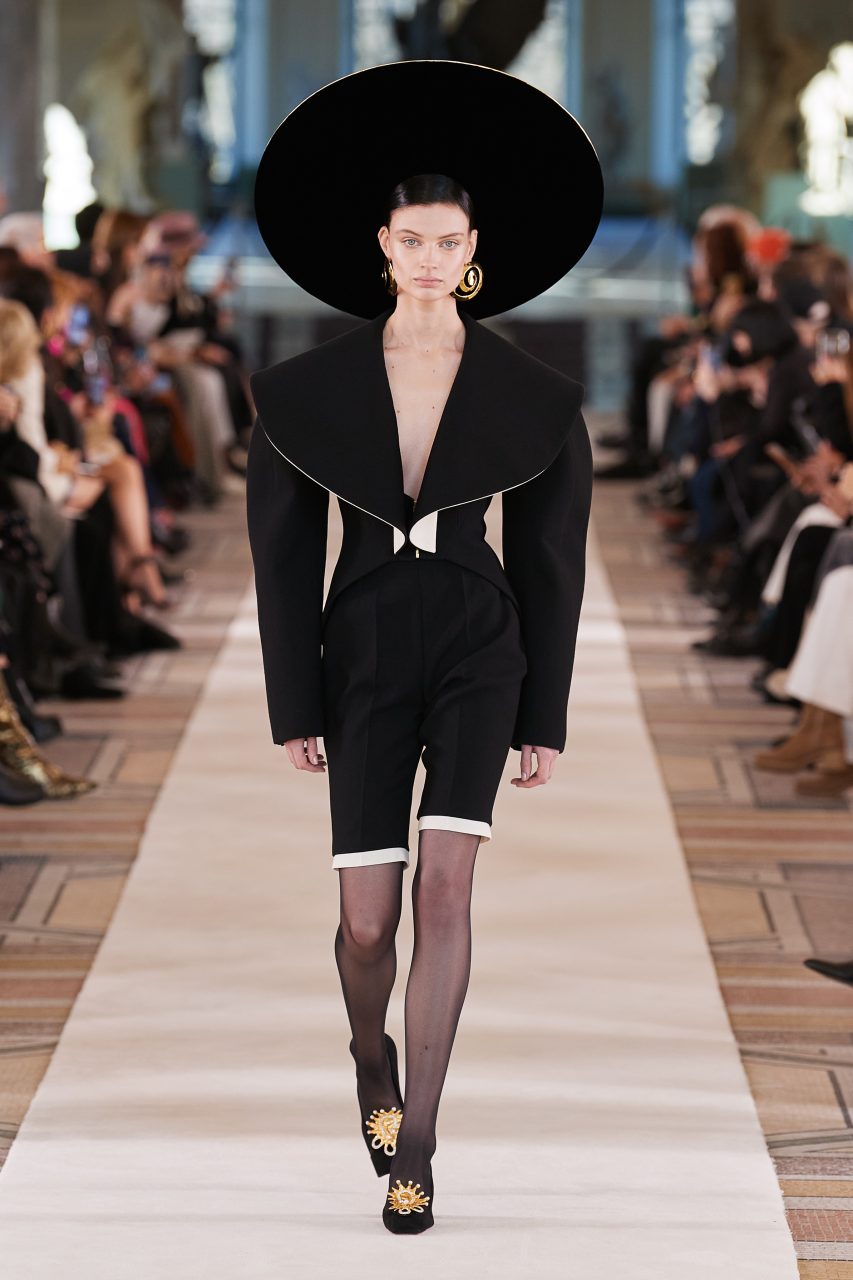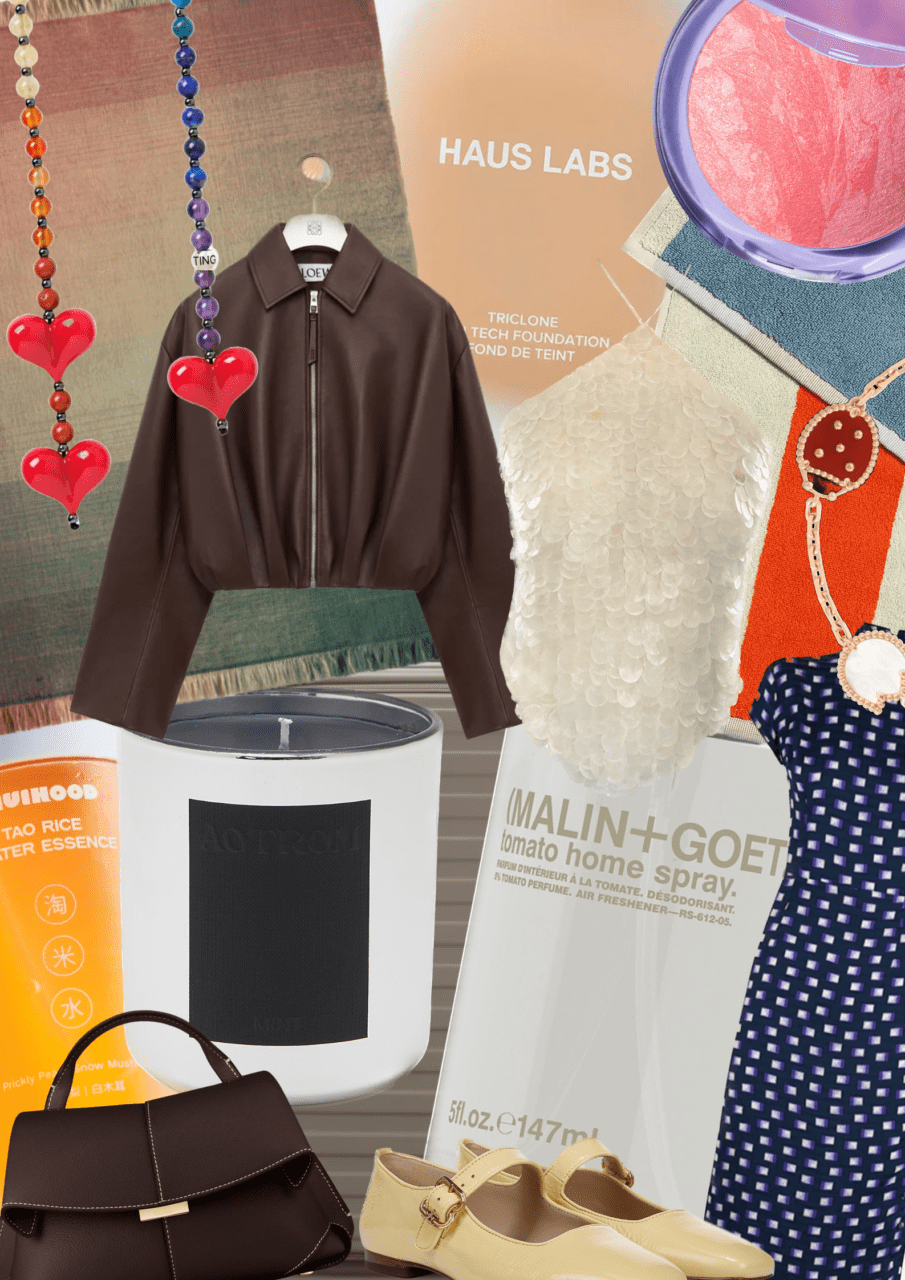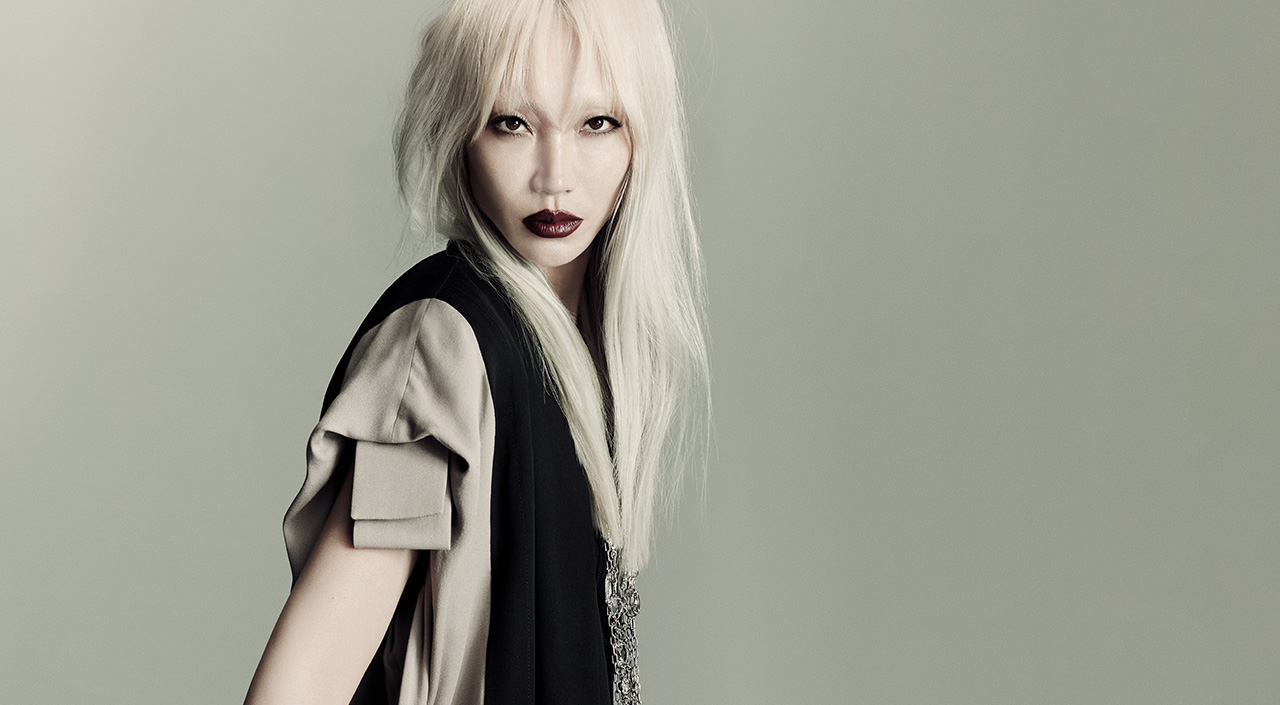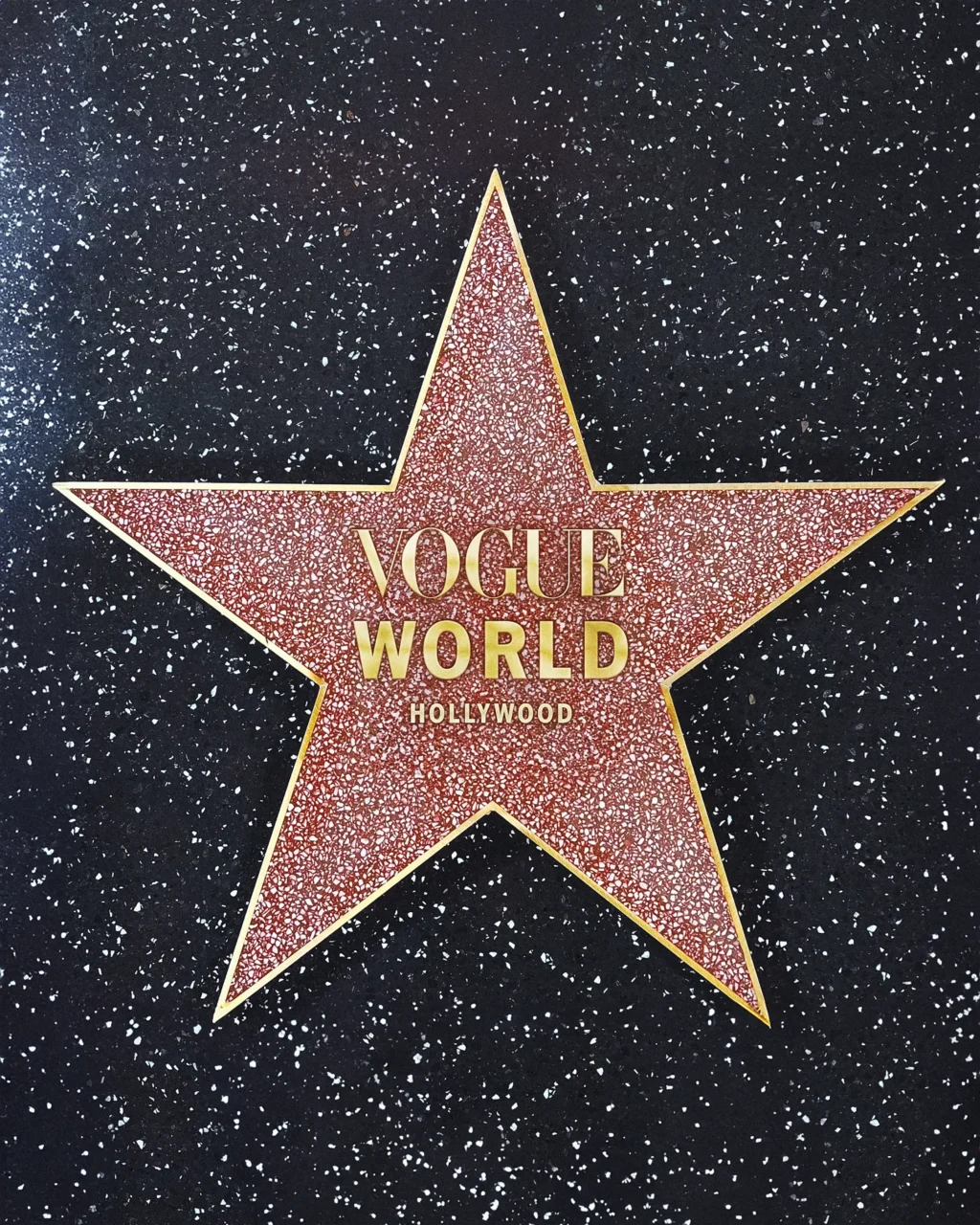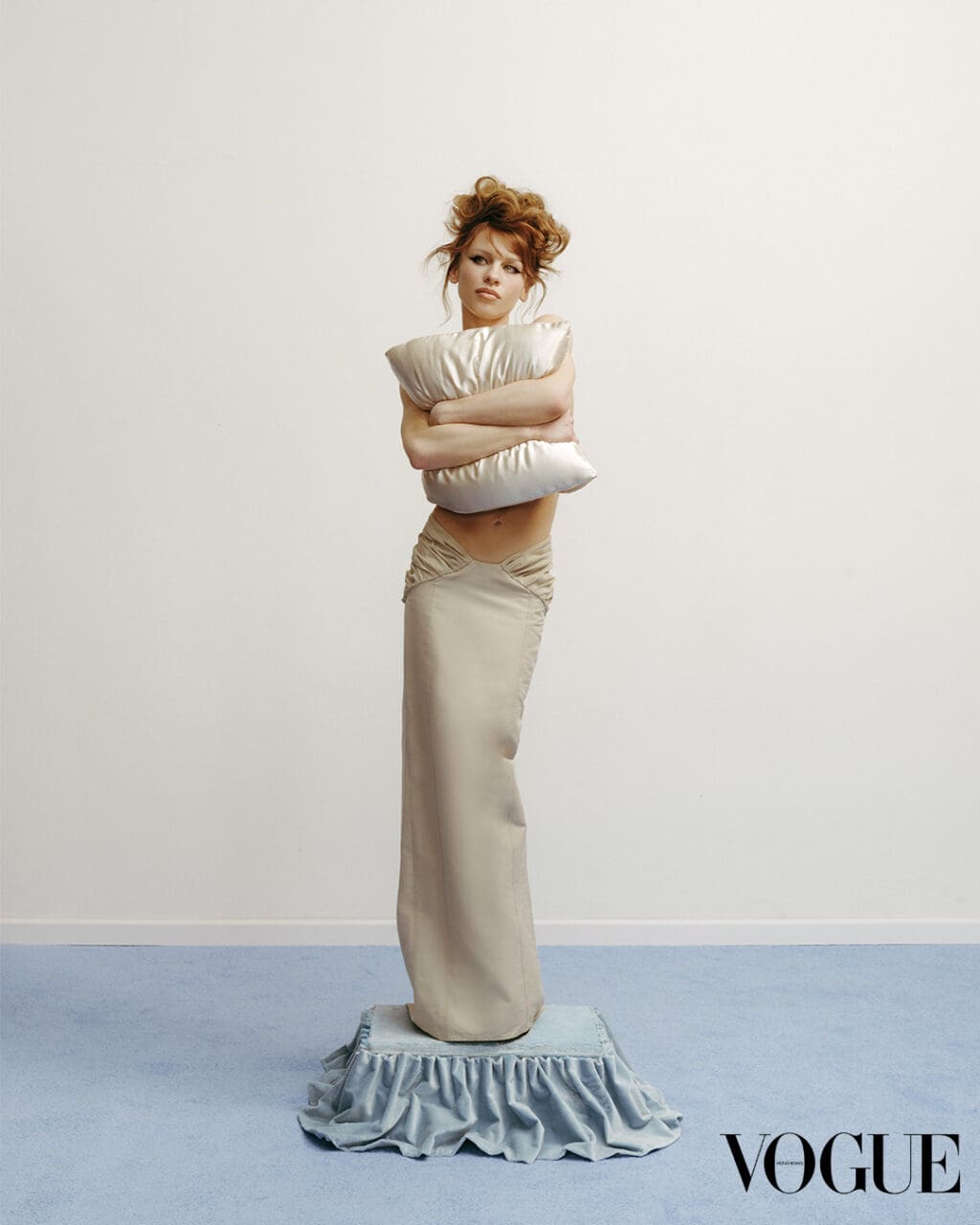On the first day of the spring/summer 2022 haute couture shows in Paris, Daniel Roseberry had jaws dropping behind the face masks in the Petit Palais. His galactic Schiaparelli collection opened a new chapter in the rapidly-evolving chronicle of the surrealist house, which had the likes of Kanye West and Julia Fox flocking to its front row. Anders Christian Madsen met with Daniel Roseberry at Schiaparelli HQ the day before the show.
How were your thoughts leading into this collection?
Last year was a year when people woke up to the brand. It’s when the brand revealed itself to me, to the world. It was an explosive year and an expansion of the corners of the tent. We were able to do bigger things. Somewhere after November – after Adele, after Cardi – I felt like, okay, let’s pull things back. Let’s take a deep breath and start refining the language. So, suddenly colour, big poufy volumes, crazy embroideries – all of the body parts – I wanted to make sure that we didn’t do something that people would expect. I wanted to do something that felt like a revelatory move.
How did it manifest?
Colour started to look really wrong, so we just focused on black, ecru and gold. Silhouette-wise, everything became sharper. The challenge was, for me, how do we elicit the same emotional response that we get from the couture without volume and without colour? That’s the discipline of the season. Everything became hyper-graphic. We started with the jackets and bustiers, which became aerodynamic.
Very sci-fi.
I’ve seen Dune I don’t know how many times! We kept saying “Planet Schiaparelli”. I wanted to do something that looked totally unlike anybody else. Nothing else should look like this. Wearing the space elements lightly – not too costume-y – but still with a sense of humour.
Where defined the shapes?
For me, Schiaparelli is about iconic imagery more than iconic silhouette. The codes are iconography. I still wanted to do something that felt graphically strong that would register on digital and in person, but honestly, I wanted the collection to move really beautifully, too. There are these tentacles that literally fluctuate like a jellyfish, and this exposed crin that vibrates and bounces.
How did you change the silhouette?
I didn’t want anyone tripping, I didn’t want anyone to be burdened by the volumes, so everything became ankle-length, or shorter. I found that really sharp, too, like red carpet cocktail-length, which I think could be really cool.
Tell me about the incredible surface decorations.
A lot of the embroideries are references to the archive. There’s the Apollo fountain at Versailles, which we blew up. And we developed this technique for the collection, which is so gorgeous. All the codes of the house – the lock, the lobster, the dove – are sculpted in clay by a team of artisans here in Paris. They wet really thin leather, stretch it on top, mould it, and then they take the clay part away. What you’re left with are weightless gold leather sculptures, which are then pieced together and covered in cabochon stones from the ’30s and ’40s that are sourced here.
It’s so serious and ceremonial, but there’s a sense of humour at the same time.
It doesn’t take itself too seriously. What I love about this collection is that it still feels like Schiaparelli, but looks completely different to what we’ve been doing. At least that’s what I hope.
Editor
Anders Christian MadsenCredit
Photography: Filippo Fior / Gorunway.com